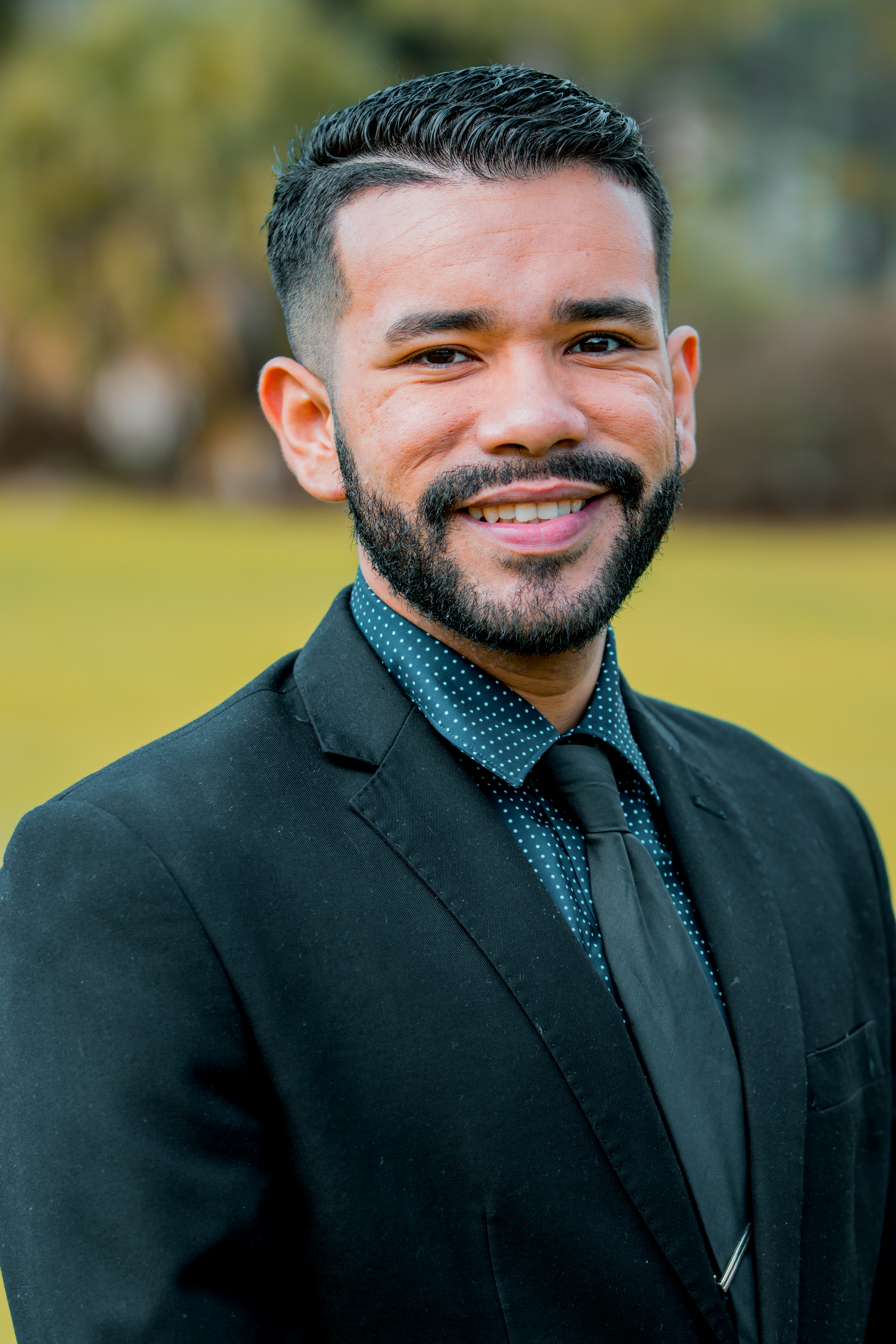Research Symposium
23rd annual Undergraduate Research Symposium, April 6, 2023
Miguel González Poster Session 1: 11:00 am - 12:00 pm/ Poster #257

BIO
Miguel Gonzalez is a Senior pursuing a bachelor’s degree in international Affairs with a concentration in modern languages. He serves as the French club Vice President and tutors students in elementary French. Miguel enjoys volunteering his time helping students learn English as a second language. He has volunteered at the American Space - Université Félix Houphouet-Boigny in Côte d’Ivoire and at FSU’s Center for intensive English studies. He is also fluent in Italian, Portuguese, and Spanish. He is currently an Undergraduate Honors Thesis Candidate under the supervision of Dr. Joseph Hellweg. Following graduation, he plans on obtaining a master's degree in International Affairs and eventually becoming a diplomat.
Woubikan: Queering Language, Public Health, and NGO Networks in Côte d’Ivoire
Authors: Miguel González, Dr. Joseph HellwegStudent Major: International Affairs
Mentor: Dr. Joseph Hellweg
Mentor's Department: Religion Mentor's College: Arts and Sciences Co-Presenters:
Abstract
My ethnographic project explores links between language and survival in Côte d’Ivoire, West Africa. Queer Ivorians have developed their own way of speaking to protect themselves from trans- and homophobia. They call this speech register Woubikan: woubi means ‘queer’, and kan means ‘language’.
Gay men, for example, speak Woubikan with queer friends in proximity to family members to hide their sexual identities. Or, when trans women perform sex work and seek to pass as straight women, they use Woubikan to signal to queer friends the need to hide their trans identities. In addition, trans women have created a vocabulary to name and negotiate other aspects of sex work in the context of anti-trans police violence. For instance, trans sex workers call the police samaraba, meaning `boots’, to warn that police are near, to avoid the violence that may come with them. In all these ways, Woubikan helps queer Ivorians pursue better lives.
The networks queer Ivorians form by speaking Woubikan have other benefits too. Queer Ivorians support themselves and their community by working in a network of queer NGOs that enhance public health, address economic sustainability, and provide shelter for LGBT Ivorians. Many offer free HIV rapid tests, medication, condoms, and pre-exposure HIV prophylaxis (PrEP) to promote safer sex. Queer Ivorians prize work at NGOs because there they are less subject to trans- and homophobia. With high levels of HIV prevalence, homelessness, and rejection, many Queer Ivorians hope to work in NGOs to ensure, as with Woubikan, their everyday survival.
Keywords: LGBT, West Africa, Sociolinguistics , Côte d'Ivoire

